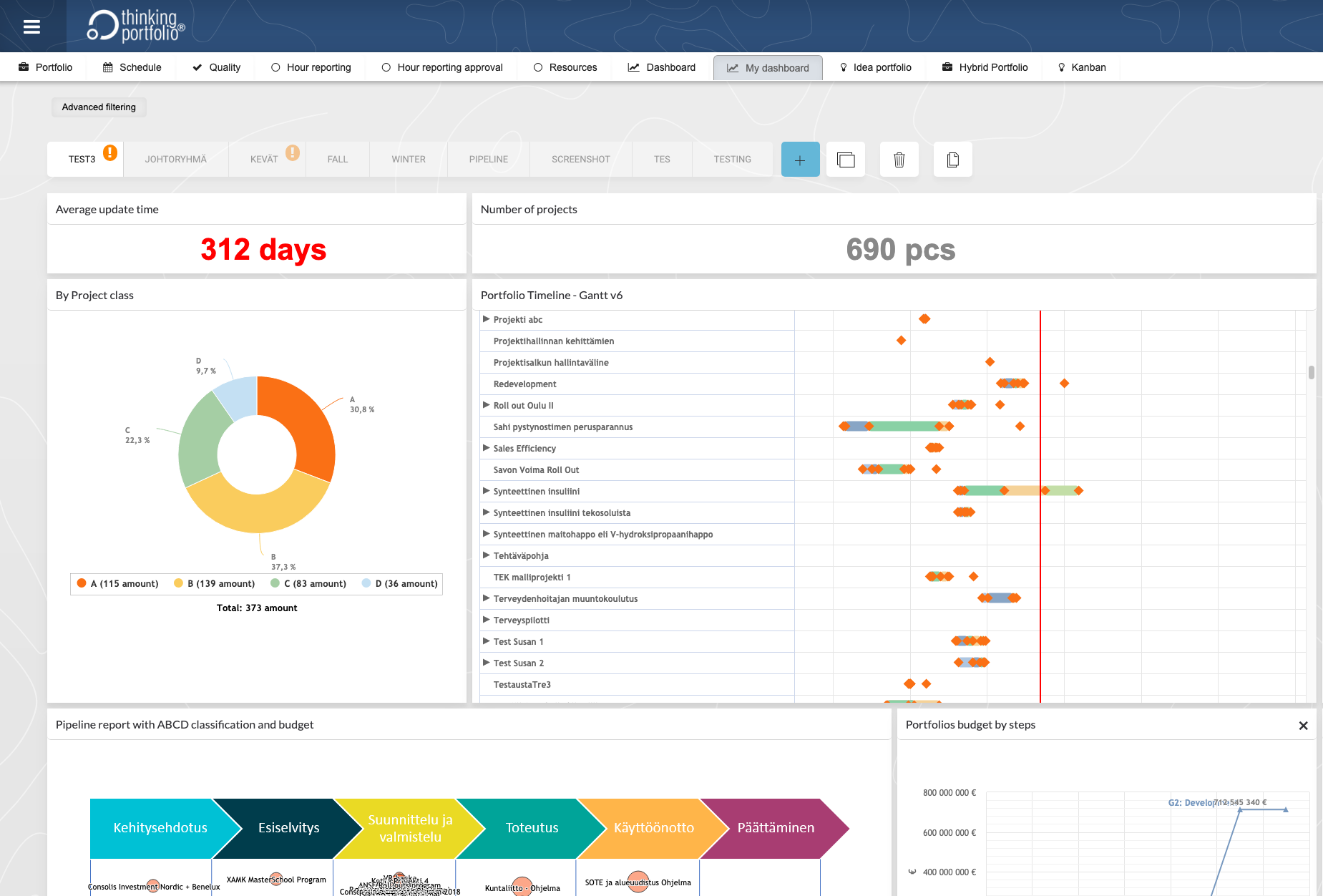Importance of a Project Progress Report
In the course of managing a project, managers are faced with the tough challenge of communicating the status of the project to the concerned stakeholders, both internal and external.
For this purpose, they are required to prepare a Project Progress Report, which is essentially a vital document describing the overall progress of the project and allowing managers to make a comparison against the initial project plan.
A project manager leverages a Project Progress Report to inform key stakeholders involved in the project about the work-in-progress, costs, time, milestones, and action items—all of which are essential considerations throughout each phase of its execution.
The report provides managers with ample historical data that allows them to avoid bottlenecks and missteps in project management. So, it’s imperative that project managers draft a detailed and clear Project Progress Report.
However, besides the aforementioned crucial components of a Project Progress Report, certain nuances often go unnoticed. While focusing on the bigger picture, managers tend to turn a blind eye to finer implications.
Here are a few aspects that a Project Progress Report may not be telling stakeholders:
1. Employees at work as per profile
If organizations hire consultants to manage their projects, then it’s highly likely that all skills available for disposal will vary noticeably over time. With such a changing scenario, skill planning for project execution can become challenging for organizations. So, a Project Progress Report should ideally communicate the composition of human resources working on the project at a given point in time. This will allow managers as well as stakeholders to identify skill gaps and plan resources better.
2. Budgeting by objectives and processes
Project execution involves a whopping sum of money, and no organization can underestimate the importance of budgeting. For project managers to be able to manage finances well, it’s important to highlight the aggregate investment that has gone into each objective of the project in their Project Progress Report. Also, organizations should ensure process budgeting, leading to cost reduction, budget optimization, and elimination of inefficiencies.
3. Expected results
Finally, taking actions towards achieving project objectives without having clarity of the results of those actions will prove futile an exercise for project managers. To promote more clarity, a Project Progress Report should detail the expected results of all strategy implementations. This piece of information can provide stakeholders and management the much-needed clarity to plan ahead and achieve concrete results by making necessary adjustments in processes.








